Description
| Formula Purposes & Benefits |
| Plant Source Vitamin C is developed based on cutting-edge scientific research and expert formulation to support immune health, cardiovascular health, skin health, cognitive health, fat burning, increased collagen production, and digestive health,
Plant Source Vitamin C stands apart from synthetic alternatives by utilizing organic Amla, a fruit extract rich in plant-based vitamin C. Combined with co-botanicals like organic cilantro, rose hips, hesperidin extract, and quercetin, our formula offers a powerhouse of antioxidant support and immune-boosting benefits. The physiological synergy between Amla’s bioflavonoid constituents and vitamin C content enhances its effectiveness, surpassing ascorbic acid. Our formula is proudly made in the USA in an FDA registered facility, following Good Manufacturing Practices (GMP) standards. Our commitment to excellence is reflected in the fact that only 4% of the supplements on the market can match our world-class standards. |
| Formula Ingredient Deck | Benefits Of Each Ingredient |
| Vitamin C (as Organic Alma Berry) | ● May support immune, cardiovascular, skin, cognitive, fat burning, and digestive health (97, 98).
● May support immune health via increased oxidant, free radical scavenging, and fueling neutrophilic (immune cell) activity in chemotaxis, phagocytosis, and microbial killing (97,98). ● May support fat burning by increasing carnitine biosynthesis (molecule required for mitochondrial fatty acid oxidation) (97,98). ● May support accelerated bone healing after a fracture, increase type I collagen synthesis, and reduce oxidative stress (inflammation) (98). ● May support reduced DNA damage in the kidney, liver, and bone marrow (318). |
| Quercetin dihydrate | ● May support antioxidant, anti-inflammatory, immune system defense, reduced homocysteine (allergies), reduced triglycerides and combats bacterial infections (114,115,116).
● May support immune health via reduced c-reactive protein (major inflammatory biomarker), increased neutrophil chemotaxis, macrophage phagocytosis, NK cell lytic activity and mitogen-stimulated lymphocyte (white blood cell) proliferation (114). ● May support antiviral and antibacterial activity in influenza A strains H1N1 (114). |
| Hesperidin
|
● May support potent cardio protective effects and protect the brain against various stressors through anti-oxidative mechanisms (400).
● May support a reduction in appetite and exhibit minor anti-allergic properties (400). |
| Cilantro | ● May support reducing BMI, total cholesterol, triglycerides, and blood pressure in CVD patients (399).
● May support reducing BMI, total cholesterol, triglycerides, and blood pressure in CVD patients via regulatory effects on lipid metabolism, vasodilatory properties, and the activity enhancement of enzymes involved in HDL metabolism (399). ● May support antioxidant status via bioactive phenolic compounds (399). |
| Rose Hips | ● May support weight loss via increases in whole body energy expenditure (EE) and browning of white adipose tissue (WAT) (398).
● May support cardiovascular health via reduced plasma glucose, cholesterol, and pancreatic beta-cell secretion of insulin (398). |
| Proper Use of This Supplement |
| Suggested Use: Take 2 capsules daily or as directed by a health professional. |
| Our Formula Vs Other Formulas on the Market. | |
| 1.Our formula is GMP certified and made in an FDA registered facility. | 1. Source cheap ingredients from heavily polluted soils. |
| 2. High quality in a bioavailable and efficaciously dosed formula. | 2. Uses cheap that may have heavy metals due to poor product quality and lack of third-party lab testing for heavy metals. |
| 3. Uses bioavailable sources of plant sourced Vitamin C. | 3.Uses cheap synthetic Vitamin C and claims to be beneficial for health. |
Sources:
- Carr, A. C., & Maggini, S. (2017). Vitamin C and Immune Function. Nutrients, 9(11), 1211. https://doi.org/10.3390/nu9111211
- DePhillipo, N. N., Aman, Z. S., Kennedy, M. I., Begley, J. P., Moatshe, G., & LaPrade, R. F. (2018). Efficacy of Vitamin C Supplementation on Collagen Synthesis and Oxidative Stress After Musculoskeletal Injuries: A Systematic Review. Orthopaedic journal of sports medicine, 6(10), 2325967118804544. https://doi.org/10.1177/2325967118804544
- Aucoin, M., Cooley, K., Saunders, P. R., Cardozo, V., Remy, D., Cramer, H., Neyre Abad, C., & Hannan, N. (2020). The effect of quercetin on the prevention or treatment of COVID-19 and other respiratory tract infections in humans: A rapid review. Advances in integrative medicine, 7(4), 247–251. https://doi.org/10.1016/j.aimed.2020.07.007
- Sahebkar A. (2017). Effects of quercetin supplementation on lipid profile: A systematic review and meta-analysis of randomized controlled trials. Critical reviews in food science and nutrition, 57(4), 666–676. https://doi.org/10.1080/10408398.2014.948609
- Mohammadi-Sartang, M., Mazloom, Z., Sherafatmanesh, S., Ghorbani, M., & Firoozi, D. (2017). Effects of supplementation with quercetin on plasma C-reactive protein concentrations: a systematic review and meta-analysis of randomized controlled trials. European journal of clinical nutrition, 71(9), 1033–1039. https://doi.org/10.1038/ejcn.2017.55
- Sahebkar A. (2017). Effects of quercetin supplementation on lipid profile: A systematic review and meta-analysis of randomized controlled trials. Critical reviews in food science and nutrition, 57(4), 666–676. https://doi.org/10.1080/10408398.2014.948609
- Cavalera, M., Axling, U., Berger, K., & Holm, C. (2016). Rose hip supplementation increases energy expenditure and induces browning of white adipose tissue. Nutrition & metabolism, 13, 91. https://doi.org/10.1186/s12986-016-0151-5
- Zeb, F., Safdar, M., Fatima, S., Khan, S., Alam, S., Muhammad, M., Syed, A., Habib, F., & Shakoor, H. (2018). Supplementation of garlic and coriander seed powder: Impact on body mass index, lipid profile and blood pressure of hyperlipidemic patients. Pakistan journal of pharmaceutical sciences, 31(5), 1935–1941.
- Xiong, H., Wang, J., Ran, Q., Lou, G., Peng, C., Gan, Q., Hu, J., Sun, J., Yao, R., & Huang, Q. (2019). Hesperidin: A Therapeutic Agent For Obesity. Drug design, development and therapy, 13, 3855–3866. https://doi.org/10.2147/DDDT.S227499
![]()
* These statements have not been evaluated by the Food and Drug Administration. This product is not intended to diagnose, treat, cure or prevent any disease.

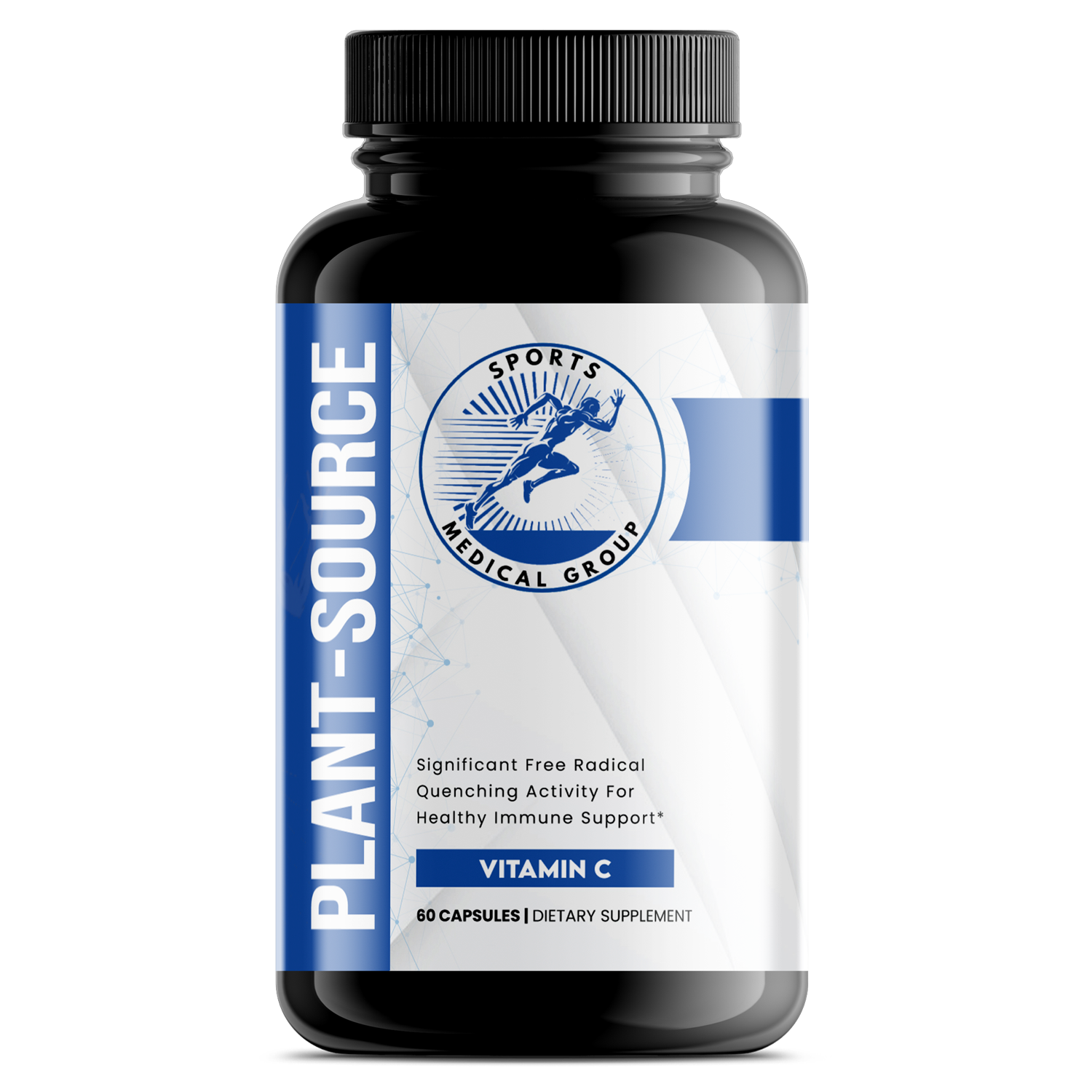



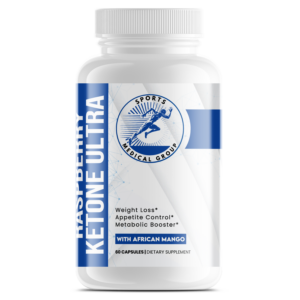
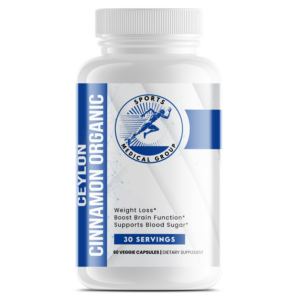
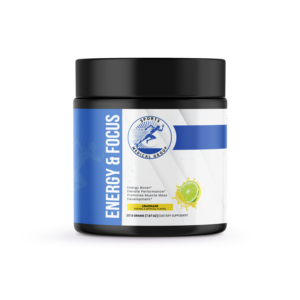
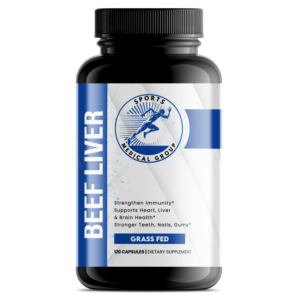
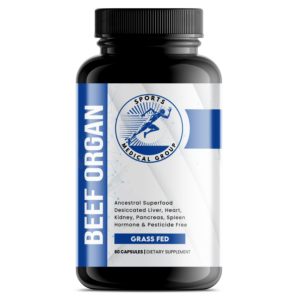
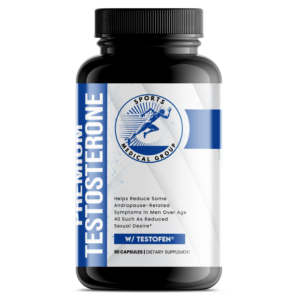

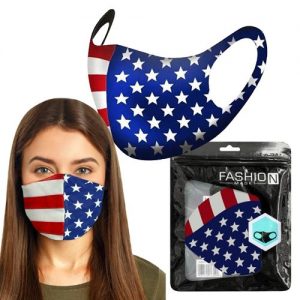


Reviews
There are no reviews yet.